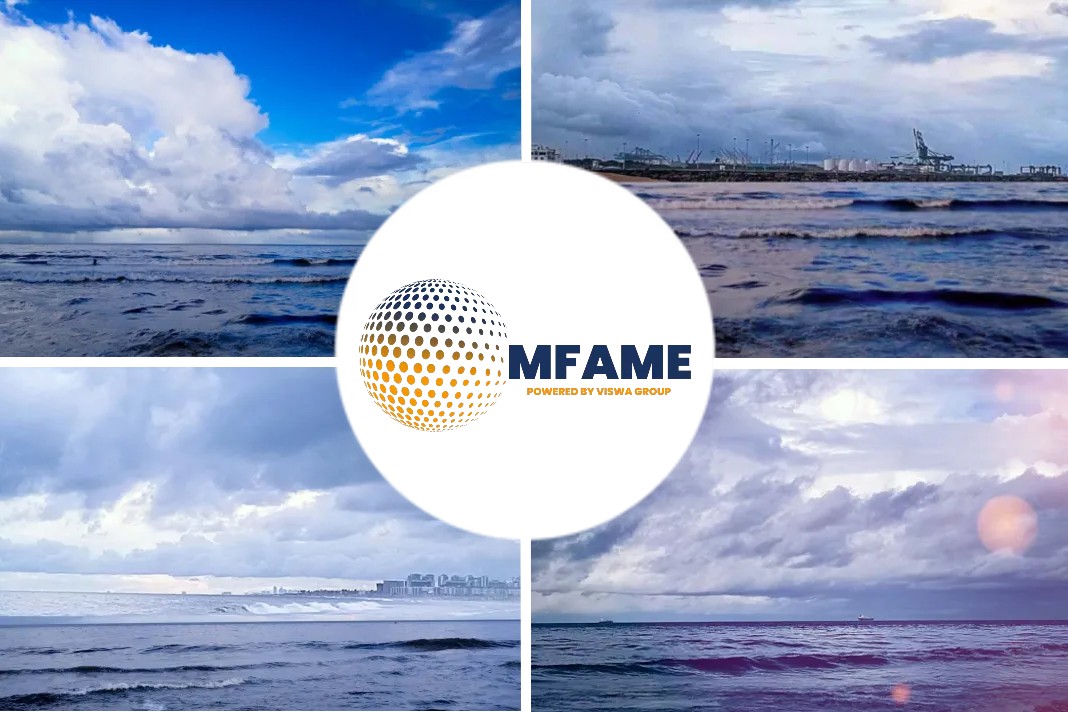- Just 10% of the global shipping fleet have scrubbers to reduce air pollution.
- Of the existing fleet, 509 vessels have been fitted with scrubbers and 1,189 vessels are pending retrofit.
- Estimate is that dry bulk carriers without scrubbers will be paying 56-68 % more for MGO.
- Depending on deadweight tonne, dry bulk carrier without a scrubber would pay extra for MGO each day.
- Scrubbers can be afforded by financing it as a long term charter agreement, as most banks do not finance a scrubber though it provides fuel savings.
Insights and analysis on energy and commodity markets worldwide shows, just 10pc of the global shipping fleet have scrubbers to reduce air pollution, says Argus Media News.
Scrubber retrofits
Of the existing vessel fleet, 509 vessels have been fitted with scrubbers and 1,189 vessels are pending retrofit, Henriette Van Niekerk, global head of dry bulk analysis at Clarksons, said.
He shared this at 25th Annual Hellenic-American/Norwegian-American Chambers of Commerce Joint Shipping Conference in New York on 5 February. Another 570 vessels are on the orderbook to be commissioned with scrubbers.
Vessels with scrubbers account for 10pc of the existing vessel fleet and 6pc of the orderbook, Van Niekerk said. The bulk of the installations are made on tankers and bulk carriers.
No Scrubber? Pay more
Van Niekerk estimated that dry bulk carriers without scrubbers will be paying 56-68pc more for marine gasoil (MGO) compared with vessels with them that burn residual fuel oil.
This is based on current futures spread between the price of Rotterdam 1pc sulphur fuel oil and northwest Europe 0.1pc MGO.
A 180,000 deadweight tonne (dwt) dry bulk carrier without a scrubber would pay an additional $5,950/day for MGO. A 82,000 dwt dry bulk carrier without a scrubber would pay an extra $3,005/day, and a 58,000 dwt bulker without one would pay $2,712/day more.
Financing Structured as ‘Service agreement’
Nikos Petrakakos, vice president and head of maritime environmental innovation at investment bank Seabury Maritime, said that most banks will not finance a scrubber regardless of the fuel savings it provides.
One solution to affording a scrubber is to structure its financing as a premium to a long-term charter agreement, financing it as “a service agreement” instead of as a secondary lean on a vessel.
Did you subscribe for our daily newsletter?
It’s Free! Click here to Subscribe!
Source: Argusmedia























